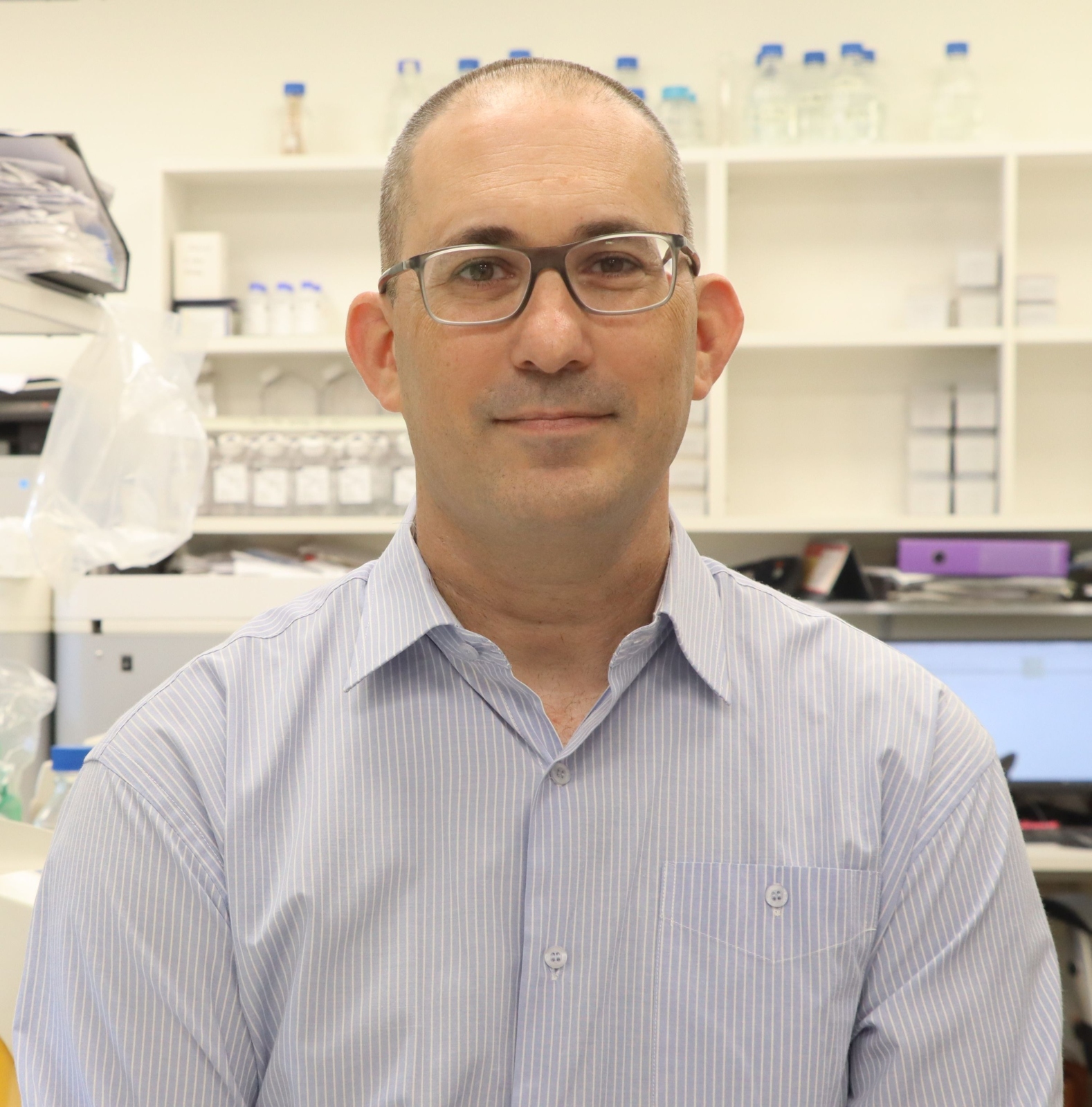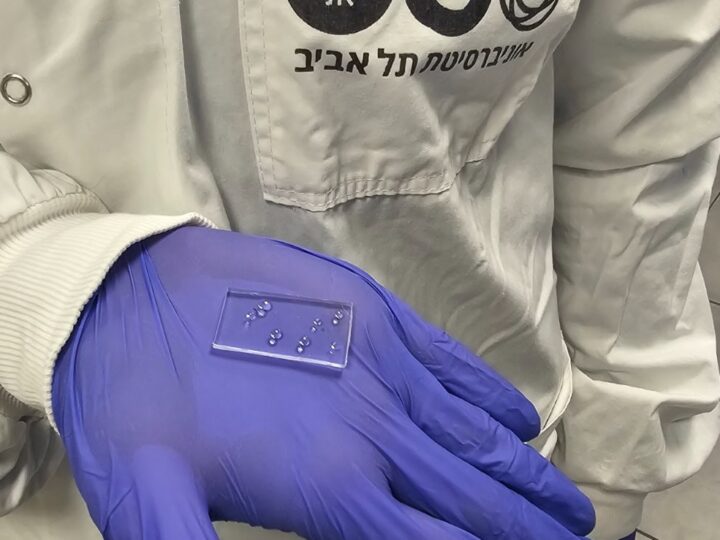Engineering a patient’s blood cells to secrete anti-HIV antibodies could form the basis of a groundbreaking vaccine or one-shot treatment for the HIV virus that causes AIDS, according to a new international research study.
Over the last two decades, treatments that change the disease from lethal to chronic have enabled many AIDS patients to live longer. However, there is still no permanent cure.
The new research, as described in the journal Nature, was led by molecular biologist Adi Barzel and PhD student Alessio Nehmad from Tel Aviv University’s school of neurobiology, biochemistry and biophysics in collaboration with Tel Aviv Sourasky Medical Center and additional researchers from Israel and the United States.
The one-time injection was developed in Barzel’s laboratory using type B white blood cells that would be genetically engineered inside the patient’s body to secrete neutralizing antibodies against the HIV virus that causes the disease.
Formed in bone marrow, B cells are responsible for generating antibodies against viruses, bacteria and more. When they mature, B cells move into the blood and lymphatic system and throughout the body.

Barzel said that “until now, only a few scientists, and we among them, had been able to engineer B cells outside of the body, and in this study we were the first to do this in the body and to make these cells generate desired antibodies. The genetic engineering is done with viral carriers derived from viruses that were engineered so as not to cause damage but only to bring the gene coded for the antibody into the B cells in the body.”
Additionally, said Barzel, “in this case we have been able to accurately introduce the antibodies into a desired site in the B cell genome.”
All model animals that received the treatment responded well and had high quantities of the desired antibody in their blood, he reported.
“We produced the antibody from the blood and made sure it was actually effective in neutralizing the HIV virus in the lab dish.”
Currently, the researchers explained, there is no genetic treatment for AIDS, so the research opportunities are vast.
“When the engineered B cells encounter the virus, the virus stimulates and encourages them to divide, so we are utilizing the very cause of the disease to combat it,” Barzel said.
“Furthermore, if the virus changes, the B cells will also change accordingly in order to combat it, so we have created the first medication ever that can evolve in the body and defeat viruses in the ‘arms race’.
“Based on this study, we can expect that over the coming years we will be able to produce in this way a medication for AIDS, for additional infectious diseases and for certain types of cancer caused by a virus, such as cervical cancer, head and neck cancer and more.”
He said the innovative treatment has “the potential of bringing about tremendous improvement in the patients’ condition.”

















